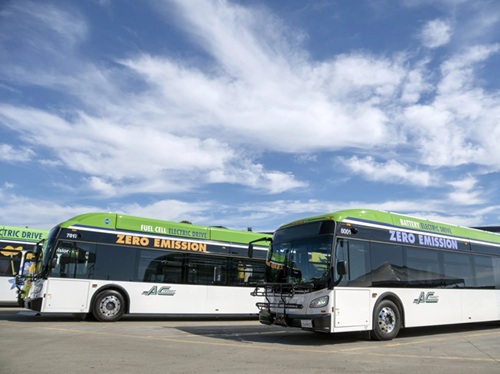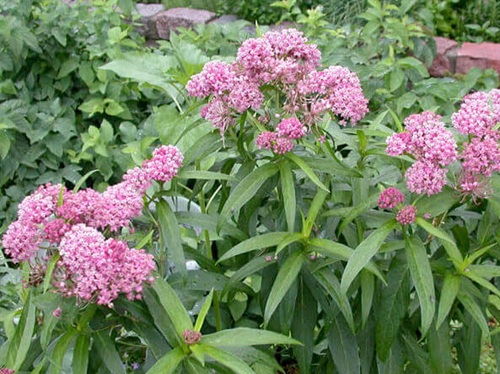The Tennessee Department of Transportation recently reopened online ordering for milkweed seeds through its popular Project Milkweed initiative for the third year in a row to encourage the growth of pollinator habitat statewide.
[Above photo by the Tennessee DOT]
In 2024, the agency said in a statement that it distributed more than 188,000 seed packets as part of 37,000 individual orders from across the state.
For 2025, the program again offers Tennessee residents free seed packets featuring Red and Common Milkweed seeds. Seeds will be available while supplies last and can be ordered at https://tnpollinators.org/milkweed.
Tennessee DOT said Project Milkweed is part of its Pollinator Habitat Program, which it launched in 2017 in response to the sharp decline of pollinator species caused by habitat loss, pesticide exposure, pests, and other threats.
That program brings together a multi-agency partnership that includes the Tennessee Department of Environment and Conservation (TDEC), the Tennessee Department of Agriculture (TDA), and the Tennessee Wildlife Resources Agency (TWRA).
One of the cornerstone initiatives of the program is Project Milkweed, which is dedicated to restoring and preserving vital habitat for pollinators, particularly the monarch butterfly, that depend exclusively on milkweed plants for reproduction. While monarchs are a primary focus, the project also benefits a diverse array of pollinators essential to Tennessee’s ecosystems, the agency said.
Across the country, state departments of transportation engage in a variety of pollinator-support initiatives.
For example, a recent blog post detailed the critical roadside vegetation management work conducted by “agronomists” at the Alabama Department of Transportation.
An “agronomist” is a scientist specializing in the study and care of crops and plants, conducting research to improve growth, production quality, and to combat diseases. In the agricultural sector, they often act as liaisons between farmers and researchers.
In Alabama DOT’s case, their agronomists develop policies to support pollinators and wildlife in and around the state’s road network; experimenting with different management practices to create habitats beneficial to all wildlife.
In May 2024, the Virginia Department of Transportation announced plans to install 135 new acres of pollinator habitats as part of its ongoing commitment to protect the valuable ecosystem provided by pollinators such as bees, birds, butterflies, bats, beetles, flies, and more.
Meanwhile, the video below shows how the Office of Maritime Resources within the New Jersey Department of Transportation recently collaborated on a state project to reinvigorate Abbott Meadows – a 1,600-acre marshland area in Salem County – by dredging channels and reviving marsh grasses for wildlife.
And, since 2015, Kentucky Transportation Cabinet crews have seeded more than 100 habitat sites, covering about 200 acres along interstates, parkways, and other state rights of way.
“The cultivation of these pollinator plots is one of the many ways we strive to be good stewards of our highway network,” said KYTC Secretary Jim Gray in a statement. “The habitats we create will improve our ecosystem, help plants reproduce and ultimately build a better Kentucky.”
 States
States
Jain Nominated to be New Jersey DOT Commissioner
January 23, 2026 States
States

